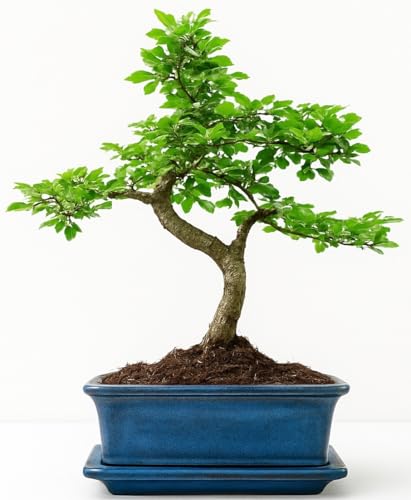The Importance of Temperature for Bonsai Trees
Bonsai trees are delicate and require specific care to thrive. One of the key factors in their growth and health is temperature. The temperature range for a bonsai tree will depend on the species, but there are some general guidelines that can help you ensure your bonsai is living in the ideal conditions.
The Optimal Temperature Range for Bonsai Trees
Generally, bonsai trees prefer temperatures between 60-75 degrees Fahrenheit (15.5-23.8 degrees Celsius). However, this range can vary for different species. For example, tropical bonsai trees may require temperatures in the 80s (27 degrees Celsius) to thrive. It’s important to research the specific needs of your bonsai tree to ensure it’s living in the ideal temperature range.
Effects of Temperature on Bonsai Trees
Temperature plays a crucial role in the growth and development of bonsai trees. When temperatures are too high or too low, it can negatively impact the tree’s health. In extreme heat, the tree may become dehydrated and suffer from sunburn. In cold weather, the tree may experience frost damage, which can cause dieback or even kill the tree.
How to Ensure Your Bonsai Tree is in the Ideal Temperature Range
To keep your bonsai tree thriving, it’s important to monitor the temperature and take steps to ensure it’s in the ideal range. This may involve moving the tree to a warmer or cooler location, or using temperature-controlling devices like heaters or fans. You can also protect your tree from extreme temperatures by using a shade cloth in the summer and a protective covering in the winter.
Temperature is a crucial factor in the growth and health of bonsai trees. To ensure your tree is thriving, it’s important to research its specific temperature requirements and take steps to keep it in the ideal range. By monitoring the temperature and taking proper precautions, you can help your bonsai tree live a long and healthy life.






